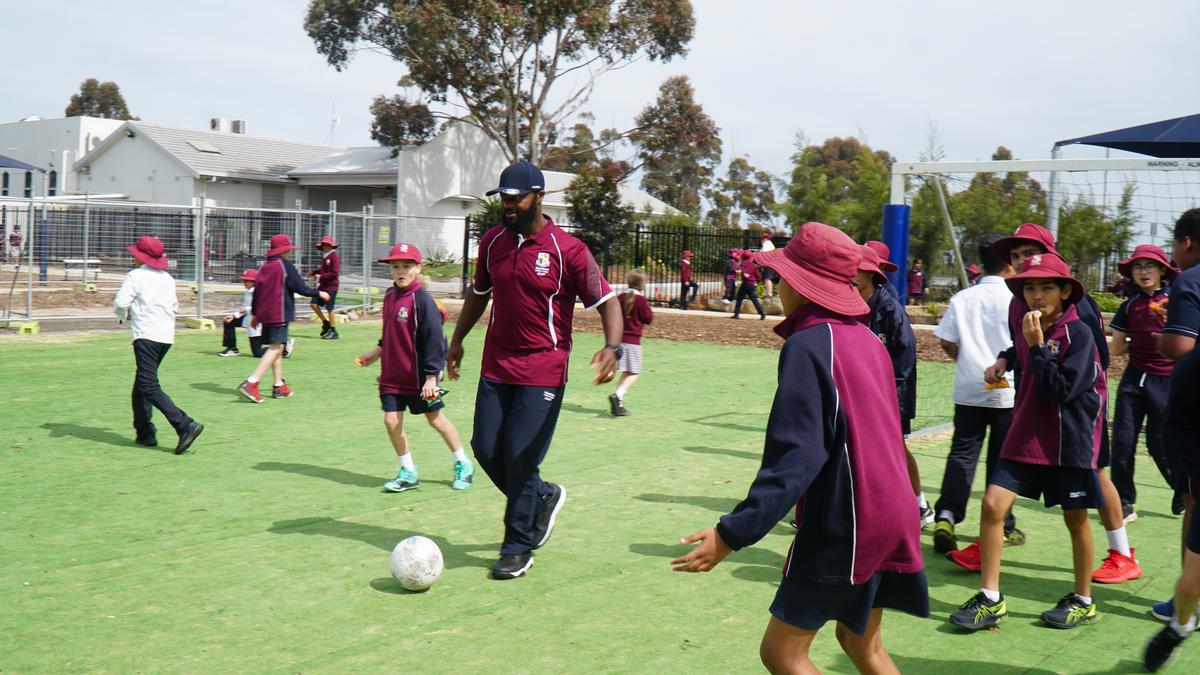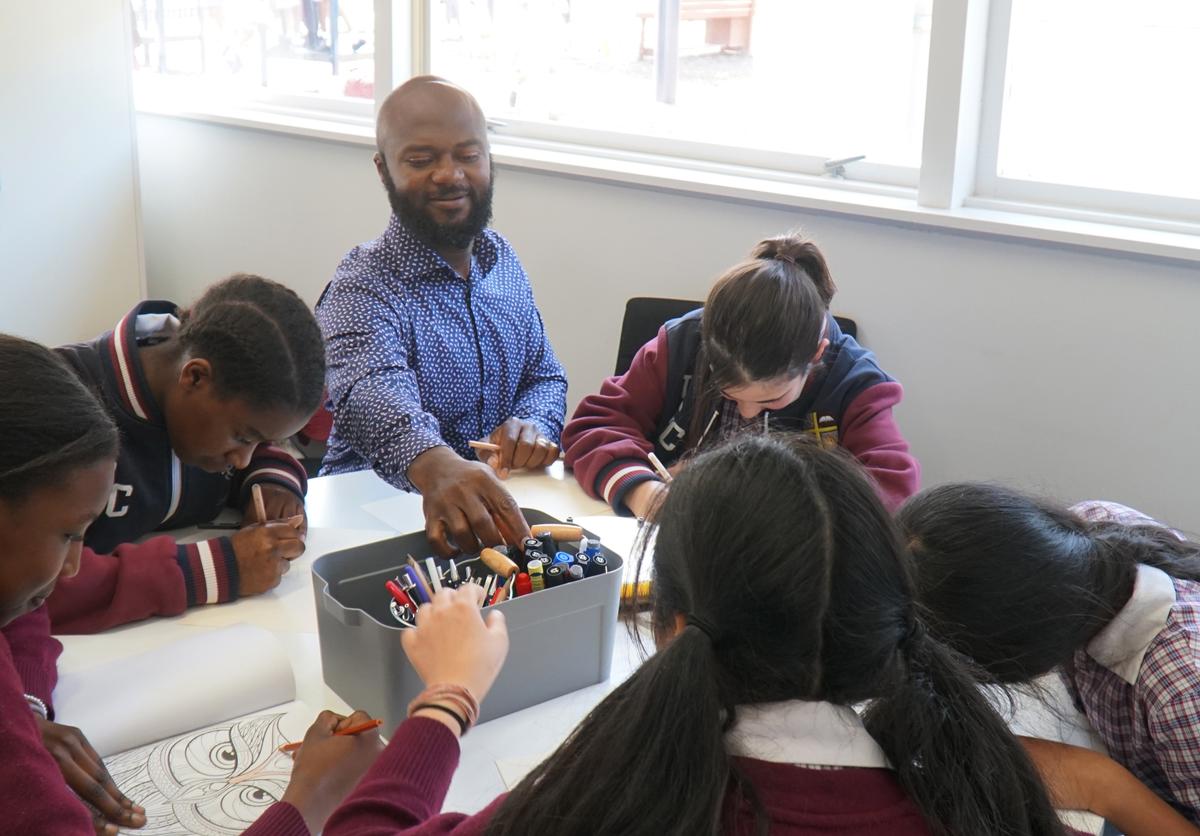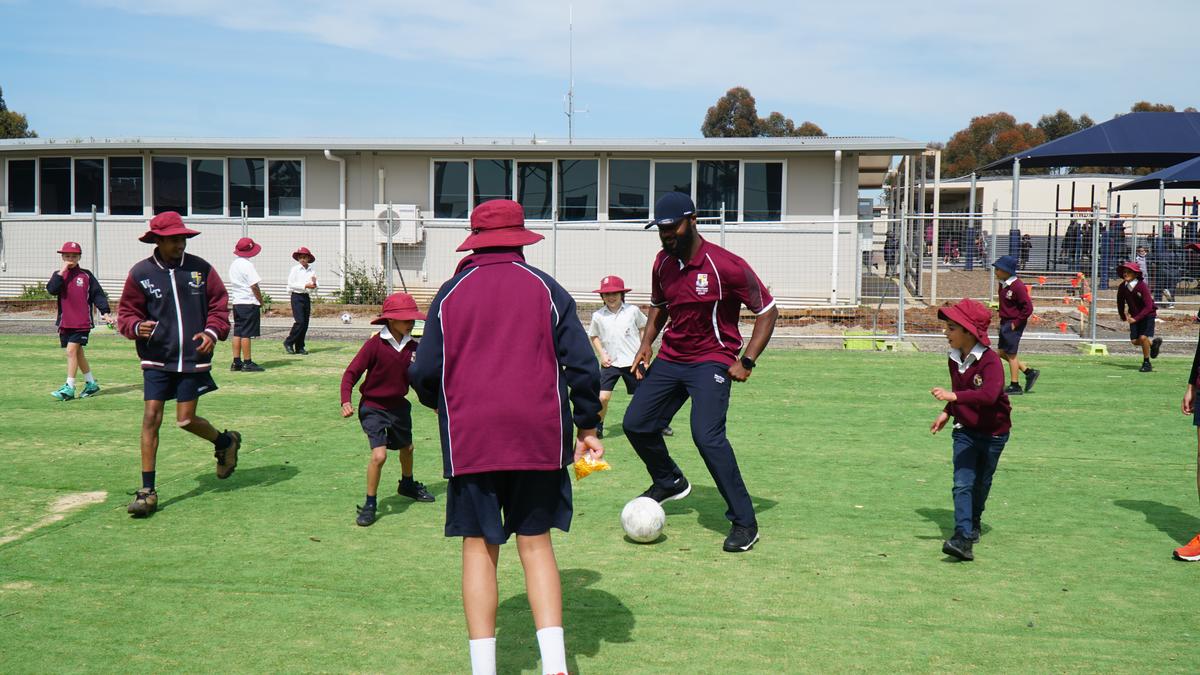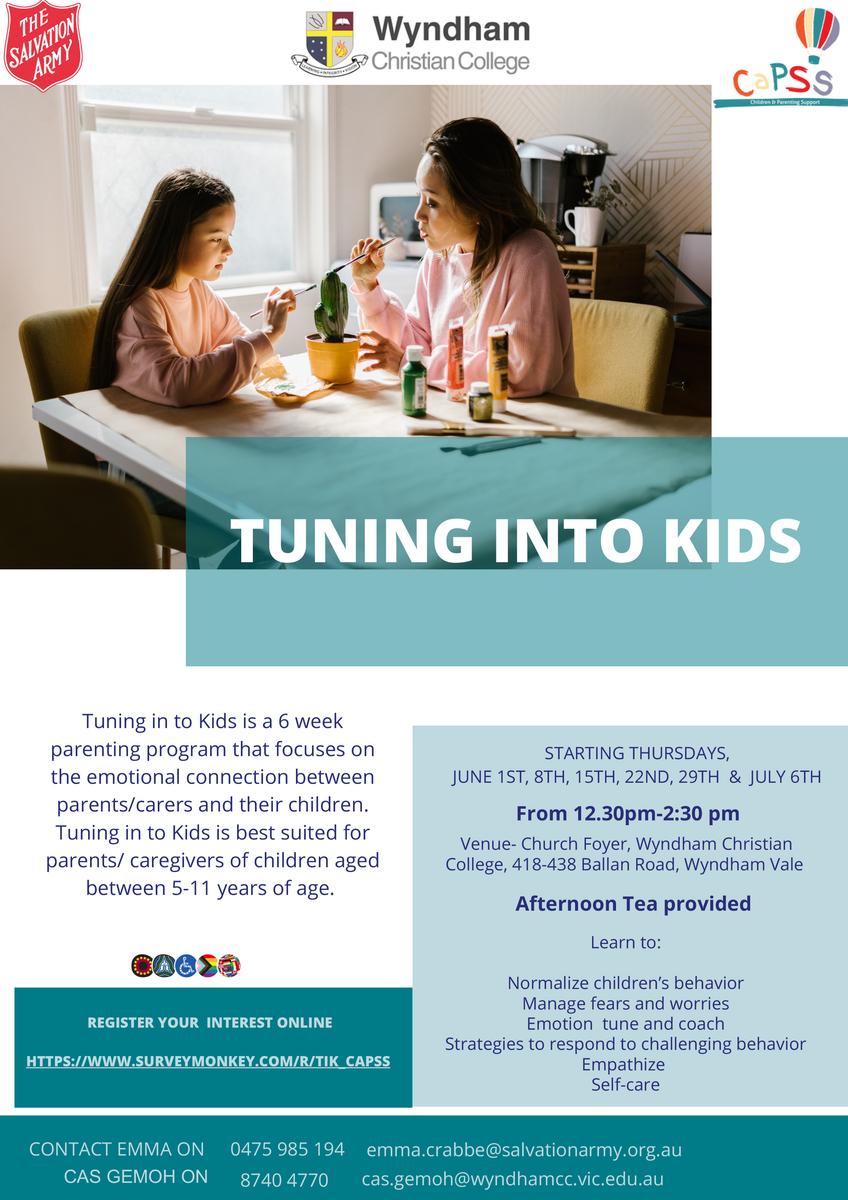Student Wellbeing

Talking about Teenage Anxiety
By Mr Cas Gemoh
As many of students at Wyndham Christian College are becoming teenagers, I would like to raise to issue of ‘teenage anxiety’.
We all feel anxious from time to time, particularly when facing stressful situations such as tests, presenting in front of classmates, dealing with conflict, attending job interviews, etc. However, too much anxiety can become overwhelming and interfere with day-to-day functioning. Anxiety in children can impact the way they perform and interact with friends, classmates, family and community. They may not want to attend school, participate in school extra-curricular activities, meet new people, and attend social and community gatherings and events.
Resent research shows that 50% of all mental health conditions begin in early teenage years and 1 in 5 young Australians (aged 4-17) struggle with a mental health condition every year. Anxiety is the most common mental health condition experienced by teenagers, which is why supporting them with their worries and anxiety can help to enhance their emotional wellbeing and educational outcomes.
Given this, it is important to recognise the symptoms of anxiety so we can monitor and support our teenage children who might be experiencing issues with anxiety.
Some common indicators of anxiety include:
- Feeling anxious and worried most of the time.
- Finding it difficult to calm down.
- Feeling overwhelmed or frightened by sudden feelings of intense panic/anxiety.
- Experiencing recurring thoughts which cause anxiety, despite seeming ‘silly’.
- Avoiding situations or things that cause anxiety (e.g. social gatherings, crowds).
- Experiencing ongoing difficulties (e.g. nightmares).
Some ways to reduce the impact of anxiety are:
- Staying healthy by making sure you eat healthy foods and regular meals. Trying to stay fit and active (e.g. going for a 30-minute walk most days) and ensuring you get enough sleep.
- Finding ways to relax, such as prayer, meditation, walking, playing sport, talking to a friend.
- Talking about how you are feeling: Bottling things up may increase anxiety levels, so if possible, talk to a parent or a friend about what is causing your anxiety and see if they can help.
- Avoid caffeine, drugs, and alcohol.
- Speak to your school counsellor
If you are concerned that you or your child/dren may be experiencing issues with anxiety, you can speak to your GP or contact the Wyndham Christian College Student Wellbeing Department for advice and support.
For further information regarding anxiety visit ‘Beyond Blue’ (www.beyondblue.org.au)




